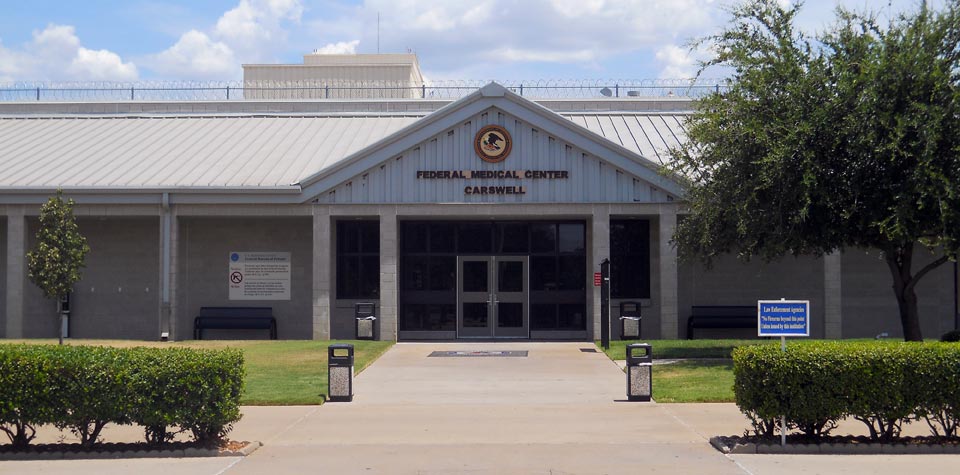Reporters Committee urges prison to allow Reality Winner interviews

Update: On July 2, 2019, the Reporters Committee for Freedom of the Press sent a follow-up letter to Acting Warden Raul Campos Jr. urging the prison to allow journalists to interview Reality Winner. Warden Michael Carr responded to both letters on Aug. 22, 2019, writing that interview requests are decided on a case-by-case basis, and that the Bureau of Prisons “recognizes and supports the important role of journalists.”
In a letter sent May 29, the Reporters Committee for Freedom of the Press urged a Texas prison warden to allow journalists to interview Reality Winner, the first person under the current administration to be sentenced to prison under the Espionage Act for leaking classified information to a news outlet.
Last year, Winner pled guilty to leaking a classified National Security Agency report that described a Russian cyberattack on a U.S. voting software supplier to a news outlet. Her prison sentence — five years and three months — is the longest a journalistic source has received under the Espionage Act.
Two teams of journalists — one from CNN and another led by documentary filmmaker Sonia Kennebeck — have made requests to interview Winner, but prison officials at the Federal Medical Center in Fort Worth, Texas, have denied those requests. According to a report from CNN, Winner’s mother indicated that prison staff have also told Winner not to add media outlets to her phone list. However, the Federal Bureau of Prisons policy states that prisoners can submit phone numbers for anyone, including “members of the media.”
The Reporters Committee letter notes that criminal justice standards devised by the American Bar Association emphasize that correctional administrators should permit journalists to visit prisons and interview prisoners.
News coverage plays an important role in informing the public about the experiences of inmates in taxpayer-funded correctional institutions, the letter explains, and that coverage is especially essential in high-profile cases like Winner’s.
“Reality Winner’s prosecution received intense national, and even international, attention,” said Katie Townsend, legal director for the Reporters Committee. “That attention has not abated, and the public continues to have a strong interest in hearing directly from her through interviews with journalists now that she is serving her sentence. We hope that the prison will allow the journalists who have requested access to Ms. Winner to interview her, including on camera, so that the public can have a more complete understanding of the criminal justice system and this Espionage Act prosecution.”
Read the full letter.